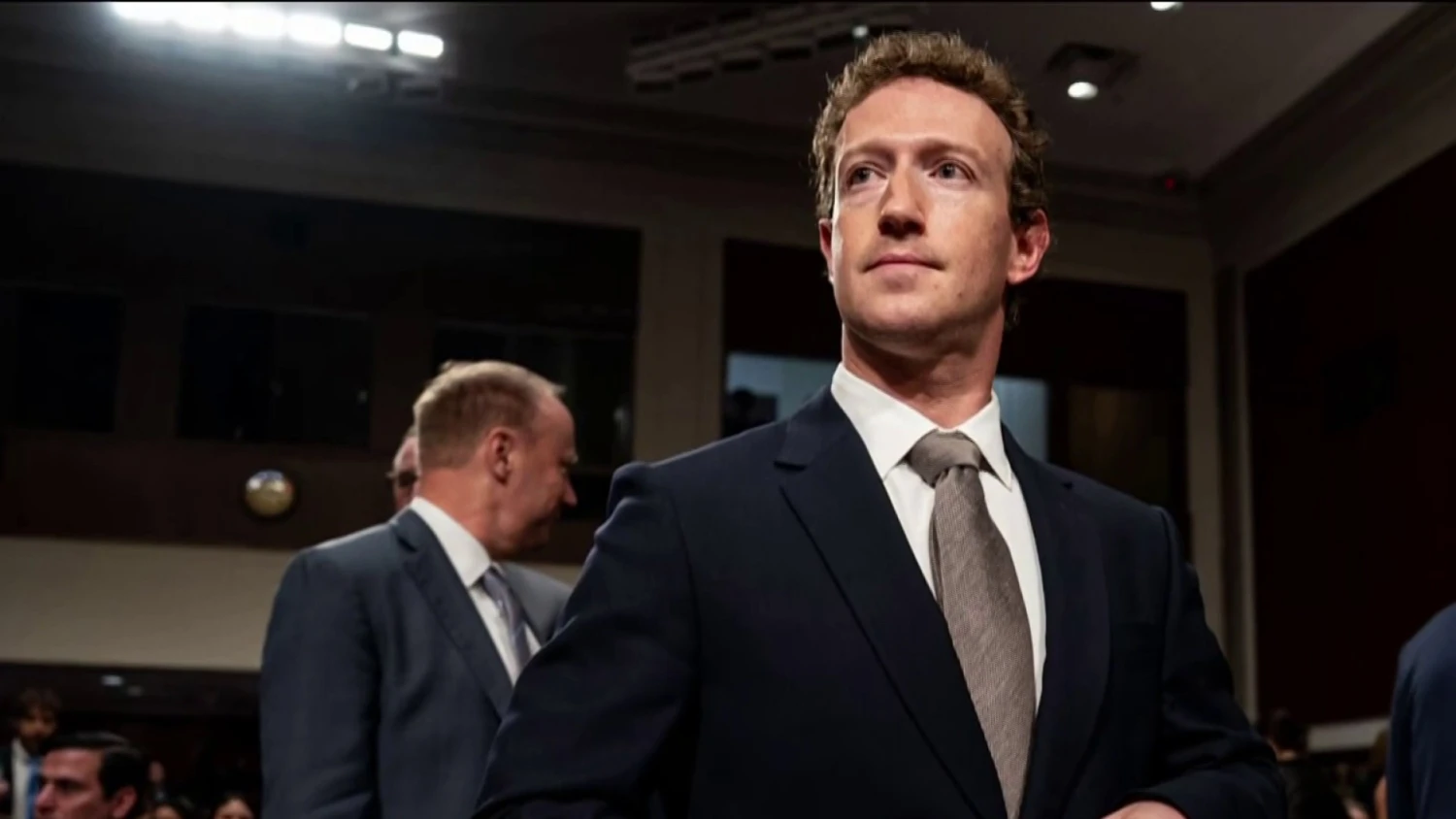In a striking revelation, Meta CEO Mark Zuckerberg has disclosed that his company faced intense pressure from the Biden-Harris administration to censor COVID-19 content on Facebook. The admission came in a letter addressed to House Judiciary Committee Chairman Jim Jordan, R-Ohio, as part of an ongoing investigation into content moderation practices on major online platforms.
Zuckerberg detailed that during 2021, “senior officials” from the Biden administration persistently pressured Meta’s teams to remove specific content, including posts containing humor and satire related to COVID-19. Despite these pressures, Zuckerberg stated, “Ultimately, it was our decision whether or not to take content down, and we own our decisions, including COVID-19-related changes we made to our enforcement in the wake of this pressure.” This candid acknowledgment sheds light on the intricate dynamics between the government and social media platforms during a critical period of the pandemic.
Mark Zuckerberg says White House ‘pressured’ Facebook to censor Covid-19 content
White House officials “repeatedly pressured” Meta, the parent company of Facebook and Instagram, to “censor certain Covid-19 content” during the pandemic.
The Guardianhttps://t.co/vnbScmFUja
— CoronaHeadsUp (@CoronaHeadsUp) August 27, 2024
The Meta CEO’s comments suggest a tense relationship with the White House, marked by “a lot of frustration” when Facebook did not fully comply with the administration’s demands. This raises significant questions about the extent of governmental influence over digital platforms and the implications for free speech and content moderation policies moving forward.
Zuckerberg’s regret that Meta wasn’t “more outspoken” about the government pressure underscores the complex ethical considerations that tech giants face when balancing regulatory demands with the principles of open communication. His letter not only brings to light past interactions with the administration but also sets the stage for further scrutiny of the role that social media platforms play in public discourse.
As the investigation continues, this revelation is likely to fuel ongoing debates about censorship, the role of big tech in society, and the responsibilities these platforms bear in managing content. The full extent of government influence on social media content, particularly during periods of national crisis, remains a critical issue that lawmakers and the public will continue to grapple with in the months ahead.

